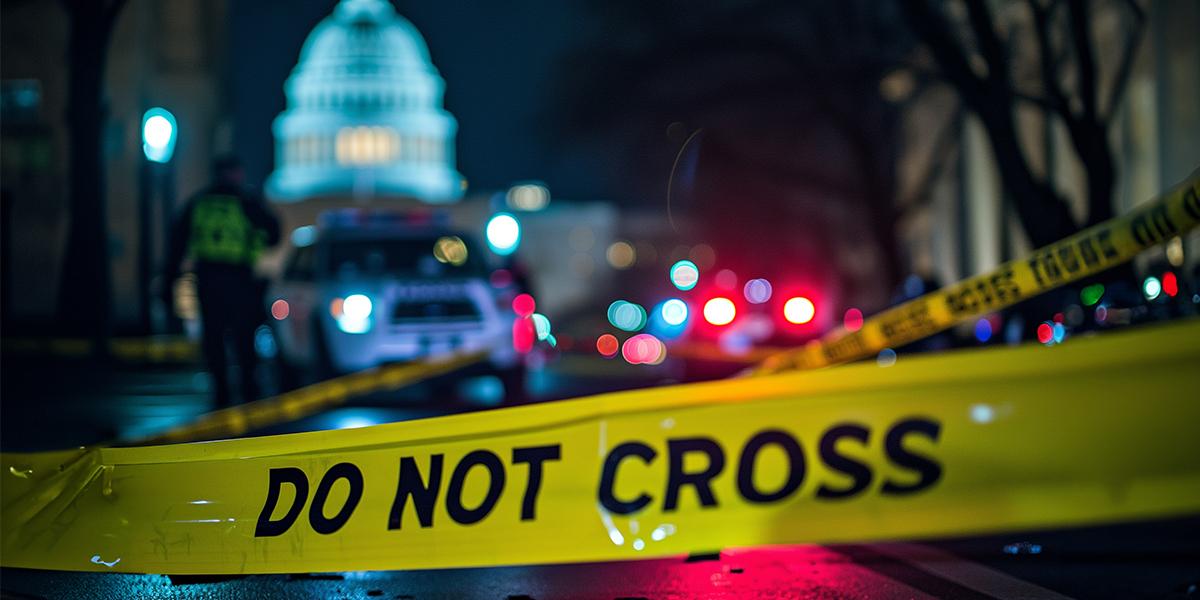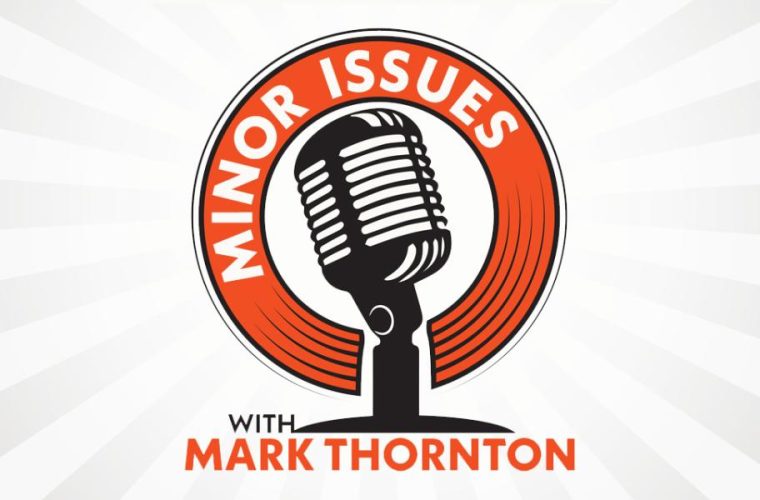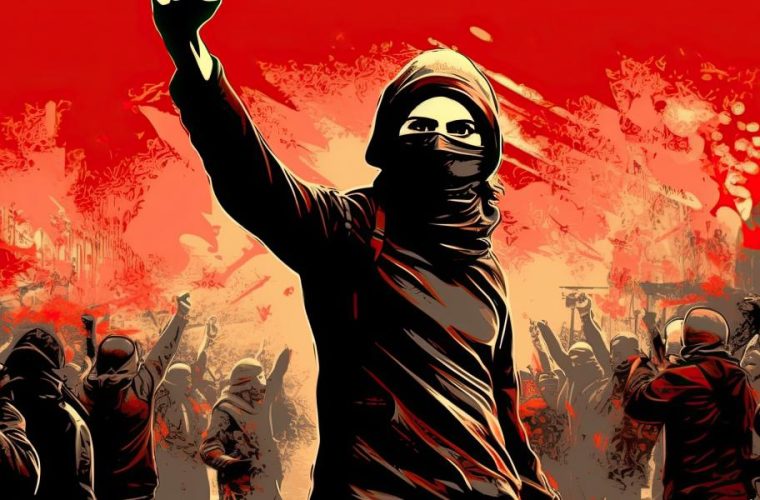
Forget Being the World’s Policeman; the Federal Government Can’t Even Keep DC Safe
As the US federal government works to “bring peace” to the Middle East, Eastern Europe, and East Asia, it faces a rather embarrassing problem. There is currently a historic wave of violent crime battering the residents of Washington, DC.
With 274 homicides, 2023 was the deadliest year for the city since the 1990s. Shootings, carjackings, and armed robberies also jumped in the nation’s capital.
Parts of DC have been unsafe for a long time, but the violence is now affecting areas typically considered much safer. And members of the federal government are personally feeling it.
Last February, Representative Angie Craig (D-MN) was assaulted in the elevator of her Washington apartment building. The following month, a staffer for Senator Rand Paul (R-KY) was stabbed multiple times about a mile from the Capitol.
In October, Representative Henry Cuellar (D-TX) was carjacked at gunpoint on K Street, where many of the top lobbying firms are based. That attack was followed weeks later when a staffer for Senator Katie Britt (R-AK) was robbed at gunpoint, again a mile from the Capitol.
And the trend has continued into 2024. Last week, a former Donald Trump administration official was shot and killed during another carjacking on K Street.
Again, this ought to be especially embarrassing for the leaders of the federal government. As they try to bring peace and security to the entire world with bombs and ever-encroaching military alliances, their own staffers are in physical danger mere blocks from Capitol offices.
The federal government is in charge of most of DC’s criminal justice system, so it carries a lot of responsibility for what’s happening.
In 2021, Joe Biden appointed Matthew Graves as the US attorney in charge of the district’s justice system. By the end of his first year, Graves’s office had declined to prosecute two of every three arrests made. The next year, 2023, his office declined to prosecute 44 percent of those arrested.
The political discourse about the criminal justice system is usually awful. Progressives often, correctly, cite the fact that the American population is ridiculously overincarcerated as a problem.
But rather than blame the government for making so many legitimate, peaceful acts into felonies, progressives blame vague forces like classism and white supremacy. And then, they elect prosecutors and district attorneys who cut prosecutions across the board—including for real, violent crimes. The results are what we see today in DC and a number of other progressive-controlled cities across the country.
Conservatives—or really, all nonprogressives—react in rightful horror but are often quick to call for solutions that are just as imprecise.
The true root of the problem is that government has monopolized the protection of person and property. It prevents us from opting to delegate that service to another entity, and, in many cases, it even charges people for protecting their own person or property.
That’s bad enough because monopolies result in overly expensive yet low-quality service. But it’s made even worse when governments refuse to provide the very service they monopolized.
The key to justice and security lies not in an across-the-board increase or decrease in policing, incarceration, or prosecution but in a consistent commitment to property rights and the effective protection of those rights.
If the federal government fails to offer that in its own backyard, why expect it to do better anywhere else?



